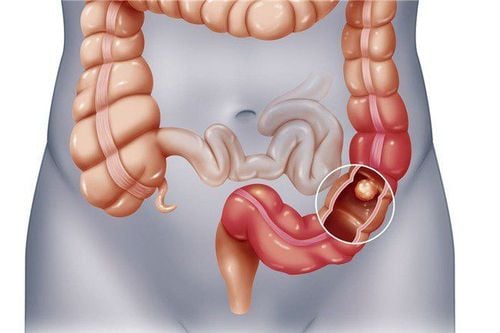This is an automatically translated article.
The article was written by doctors of Internal Oncology - Radiation Oncology Center, Vinmec Times City International General Hospital.In early March 2019, Cancer.net posted the opinions of some experts specializing in breast cancer from the UK. Experts have commented on the results of immunotherapy studies for breast cancer patients in inoperable, recurrent, metastatic stage... We would like to introduce to you. you read
1. Is immunotherapy the optimal treatment for breast cancer?
In early March 2019, on Cancer.net, the opinion of breast cancer experts of doctors - Center for Women's Cancer at Huntsman Cancer Institute was posted. Professor Charles Loprinzi of Breast Cancer Research at Rochester, Associate Professor Dr. Lidia Schapira of Stanford University.
As of 2019, 2 immunotherapy drugs have been approved for the treatment of breast cancer:
Atezolizumab (Tecentriq) used together with protein-bound paclitaxel (Abraxane) in the treatment of triple negative breast cancer ( ER, PR, Her-2 negative) locally advanced but not surgically resectable or metastatic stage. Atezolizumab is only approved to treat breast cancer that tests positive for the PD-L1 protein. The US Food and Drug Administration approved it in March 2019 based on the results of a study published in the New England Journal of Medicine. Treatment efficacy was higher than in the immunotherapy group, although toxicity (side effects) was also higher in this group.
Approval was based on the results of study IMpassion130 (NCT02425891), a randomized, double-blind, placebo-controlled, multicenter clinical trial that included 902 triple-negative breast cancer patients metastases or progression are not operable but have not received chemotherapy. Patients were randomized in a ratio (1:1) to atezolizumab (840 mg) or placebo intravenous infusion on days 1 and 15 of each 28-day cycle, plus protein-bound paclitaxel (100 mg/m2). IV infusion on days 1, 8, and 15 of each 28-day cycle.
In patients with tumors expressing PD-L1, median progression-free survival (PFS) was 7.4 months for patients receiving atezolizumab plus protein-bound paclitaxel and 4.8 months for those receiving atezolizumab plus protein-bound paclitaxel. placebo plus protein-bound paclitaxel. The objective response rate (ORR) in patients with a confirmed response was 53% (the atezolizumab group) compared with 33% for the other group. Data on overall survival have not been evaluated.

Sử dụng liệu pháp miễn dịch điều trị ung thư vú
2. Will people with breast cancer be more likely to benefit from immunotherapy?
Currently, the study has shown that the triple negative patient group (ER, PR, Her-2 negative) benefited more from immunotherapy than the rest of the disease groups. However, studies are still finding answers to the question, when and when to start with this therapy.
3. Should immunotherapy be tried for breast cancer patients who have failed to respond to many standard treatments?
This question is asked for groups of patients who do not belong to the negative triad.
However, studies of immunotherapy for breast cancer that have been resistant to many previous treatments have not shown much benefit for the vast majority of diseases. However, there are suggestions that immunotherapy will eventually play a role in breast cancer treatment.
4. What are the challenges of immunotherapy?
One challenge of immunotherapy is that it can cause significant side effects, including life-threatening ones. The most common immunotherapy side effects are skin reactions, such as redness and blistering, and flu-like symptoms, such as fever, nausea, weakness, and body aches. Different types of immunotherapy can cause different side effects. Another challenge is the high cost of drugs, which insurance companies can hardly afford.
5. Will breast cancer immunotherapy research continue?

Liệu pháp miễn dịch ung thư vú
New information on breast cancer immunotherapy is expected in the coming months and years, as more clinical trials are completed. Clinical trials are underway across the United States and around the world to evaluate combinations of immunotherapy drugs for this disease.
Some studies combine immunotherapy with chemotherapy or targeted therapy. Although immunotherapy is not yet a standard treatment for breast cancer, scientists are hopeful that this will change.
Please dial HOTLINE for more information or register for an appointment HERE. Download MyVinmec app to make appointments faster and to manage your bookings easily.













